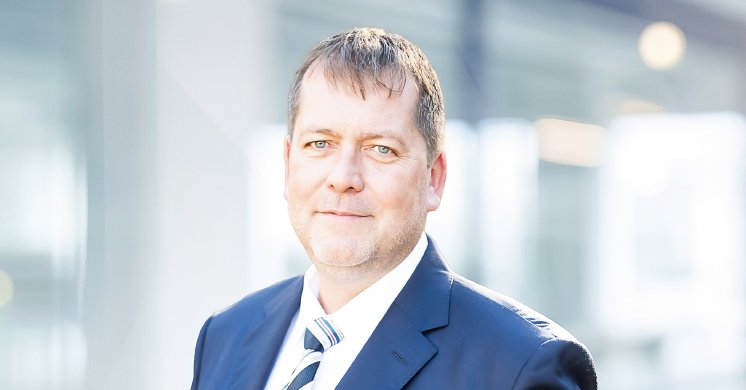The Farasis Energy Europe team now comprises more than 140 employees from 18 nations and focuses on the research and development of high-performance battery technology and pouch cells. With millions of euros of investment, significant progress has been made in recent years, particularly in the pre-development of battery design with big data, simulation and virtual concepts.
The company is now celebrating its 5th anniversary, which has been marked by continuous growth, innovation, sustainable action and many milestones:
- Technological breakthroughs: The company has made significant progress in battery safety. The development of a module concept prevents thermal propagation, i.e. the thermal runaway of the module in the event of damage, in its latest generation of cells (Generation 4).
- Strategic partnership: Farasis Energy and the Turkish car manufacturer Togg have been working together since 2021 with the Siro joint venture. This partnership enables the company to establish independent battery production in Europe.
- Production expansions: Mass production at the new plant in Gemlik (Turkey) started in spring 2023. With a capacity of 8 GWh/a and over 700 employees, battery modules and packs based on high-performance lithium-ion technology are manufactured there. The plan is to increase the plant's production capacity to 20 GWh/a by 2031.
- Europe-wide brand awareness: Participating in the IAA Mobility in Munich for the first time was a highlight. At the international event with more than 500,000 visitors, the company was able to use the opportunity to showcase its wide range of off-the-shelf products and individual customer solutions and strengthen its presence in Europe.
- Striving for quality: With the successful ISO 9001 certification, a globally recognized standard in quality management, Farasis Energy Europe has received official confirmation of the high-quality standards of its products and services.
The European subsidiary is looking to the future with many new goals and remains committed to the transformation of mobility. The company plans to introduce its next generation of cells in 2024 and expand production to 50,000 packs.

